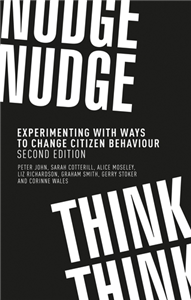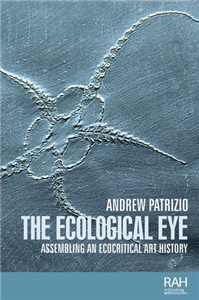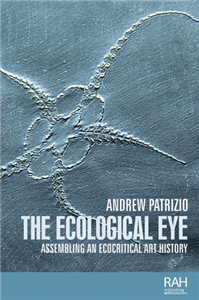The value of a whale
On the illusions of green capitalism
by Adrienne Buller
Nature is collapsing at an unprecedented rate. Despite countless pledges and summits, we remain on course for a catastrophic 3C of warming. And in a world of immense wealth, billions still live below the poverty line - and on the frontlines of environmental breakdown. Increasingly, the world is waking up this reality, but are the 'solutions' being proposed really solutions? In this searing and insightful critique, Adrienne Buller examines the escalating plunder of the natural world under financial capitalism, and exposes the fatal biases that have shaped climate and environmental policymaking. Tracing the intricate connections between financial power, vested interests and environmental governance, she exposes the myopic economism and market-centric thinking presently undermining a future where all life can flourish. Both honest and optimistic, How to value the earth asks us - in the face of crisis - what we really value.

























